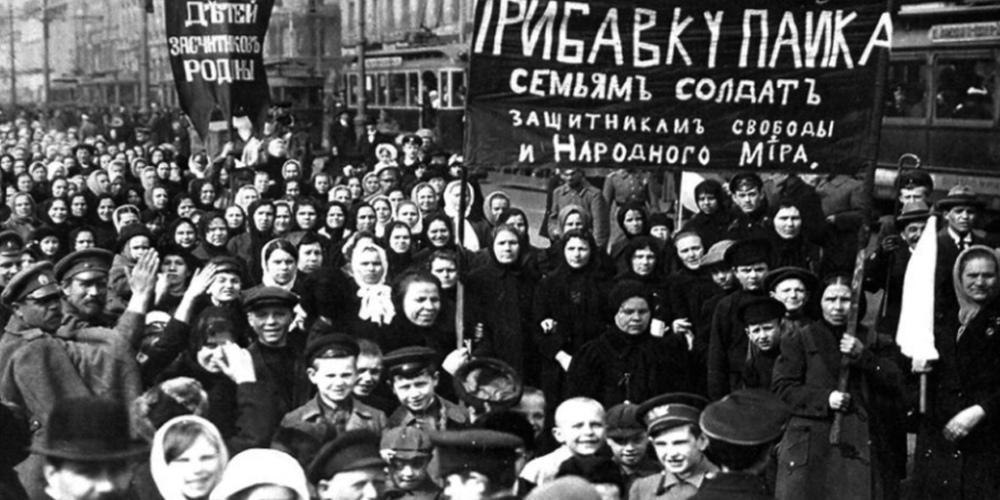The 8th of March each year has continued to grow in popularity around the world as a day on which to recognise and celebrate women in general. But this increase in popularity stems from a growing disconnection from the radical socialist roots of what was once widely known as International Working Women’s Day.
The origins of the day can be traced back to the late nineteenth and early twentieth century, when women began protesting en masse for equal rights. In 1911 Clara Zetkin was a leading organiser of the first International Working Women’s Day demonstration, which took place on the 19th of March; by 1914 the 8th of March had become the internationally recognised date.
Zetkin, like her contemporary Rosa Luxemburg, believed that women’s oppression was linked to the class nature of society, and that women could only be liberated through the destruction of the capitalist system, of which patriarchy is just an inter-related component.
In 1917 tens of thousands of women marched in Petrograd (later Leningrad, now St Petersburg) demanding an end to the First World War and the consequent food shortages. This demonstration is considered to have marked the beginning of the Russian Revolution, causing a massive shock to the global capitalist system and fundamentally changing the geopolitical landscape.
The foundation of the USSR led to hugely transformative changes for Soviet women, living under a socialist system with equal rights enshrined in the new constitution.
More than a century since the first demonstrations organised by Clara Zetkin and her contemporaries we have seen the removal of the word “working” from the title of the day, under the guise of including women who are not in paid employment. This doesn’t lead to a more equal and inclusive celebration of women: it simply shows that women who work inside the home or in unpaid caring roles are not considered to be “working women” in a capitalist economy. We reject this sanitising of a proudly socialist, working-class day; we recognise that all work undertaken by women—inside or outside the home, paid or unpaid—is work in its own right.
Bodies such as the United Nations, NGOs, trade union federations etc. have co-opted the day, wrapping it up in the concepts of bourgeois-liberal feminism, such as “leaning in” or “breaking the glass ceiling.” Apart from being devoid of any transformative possibilities for the majority of women, these messages are in fact often reliant on the outsourcing of oppression, from women in the global north to those in developing countries or immigrants. How many Hillary Clintons or Cheryl Sandbergs have to clean their homes, take care of their children, or care full-time for an elderly relative? It’s easy enough to break a glass ceiling when you’re standing on the backs of low-paid female domestic workers!
Therefore, it is in the tradition of Zetkin and Luxemburg that we organise and celebrate International Working Women’s Day. Our aim is the reorganisation of society under a socialist economic system, and to use the liberation of the working-class from capitalist oppression to begin to dismantle the inter-related system of patriarchy which now supports it, to truly emancipate all women.






